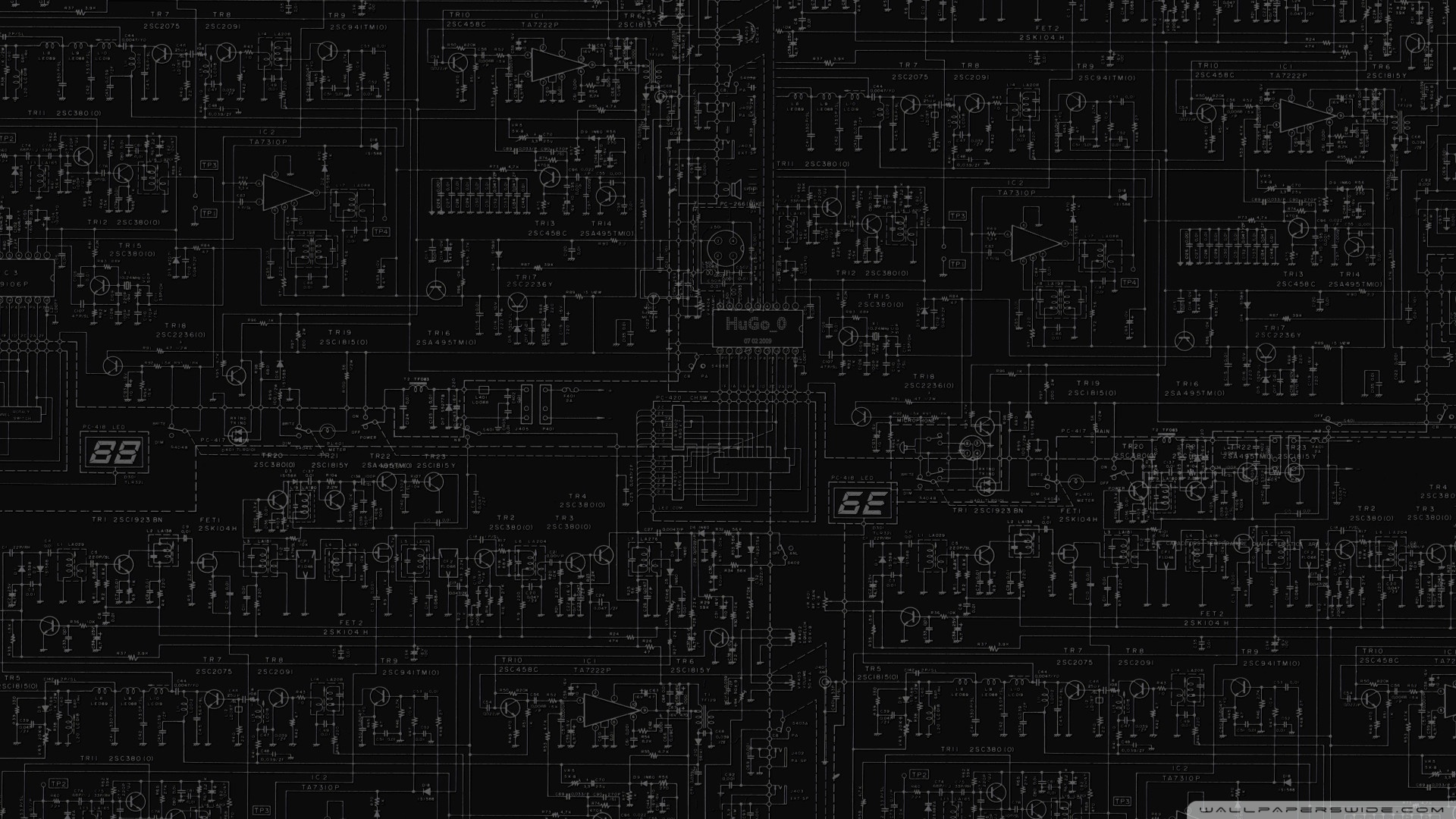Hmmmm... was expecting more of a flaming for my views on Virtual Currencies - glad to see some other okes are waking up as well.
Hopefully not too many BTC speculators around here, because I'm pretty sure the whole shebang is going to end in tears somewhere down the line.
As for the tangent the thread seems to have gone off on (Thanks Pancakes

)--- Ai yai yai... the mining-a-GPU-at-stock-or-overclocked-frequencies-because-it-has-warranty crowd...
Supplier margins are low... you think they make a big premium over dollar pricing available from US-based sites, but they get spanked by customs and import taxes / duties the same way you get hit if you bring cards in yourself from overseas... They make their money on moving volumes of a wide range of products, with RMA / warranty overheads carefully calculated.
When the failure rate shoots up on a product, questions start being asked - by both the supplier, and the manufacturer... A good analogy would be performance cars.. 10 years ago, you could abuse, race and even modify the likes of a BMW M3, while still keeping your motorplan in place with minimal hassle in the event of something going wrong... When the 335i's and E60 M5's / E92 M3's came out, tuners had a field day - upping the boost on 335i's and setting M3 / M5 rev limiters to 9000 RPM... until M5's started chowing bearings and 335i's started blowing turbochargers and melting pistons... when BMW Germany went "Huh-uh, we're not covering user abuse anymore."
These days, they have rigorous measures in place... The ECUs have lockout & verification protocols up the wazoo, and super-intricate checksums for new files - all aimed at discouraging aftermarket tuning... They even have inspectors assigned to warranty claims to assess the cause.. Your M3 over-revved and popped the motor, motorplan void. You remap / move the rev limiter, motorplan void. Your M3 is spotted at a track day or drag racing event, motorplan void. Hell, brake discs and pads have to last xxx km or they're not covered under motorplan. Why? To curb abuse of a car doing something that the warranty wasn't designed for.
So yeah - let's say the next generation of cards are somehow super efficient at mining, or a new mining protocol comes out that makes GPUs feasible again - I assure you, suppliers and manufacturers won't take kindly to the high failure rates and implied costs for them... Something's got to give, and eventually, the masses will be penalized in some way for miners abusing the system --- One or a combination of the following measures will most likely be taken:
* Additional markup on GPUs to cover higher warranty overheads.
* Shorter warranty periods
* Measurement protocols & logs for mining activities built into GPU BIOS or a separate EPROM, which gets checked when submitted for warranty claim. Card used for mining? Sorry, warranty void.
Mark my words guys... The warranty fallout from cards used for mining is still a work in progress - the cards that haven't failed in the first year of their lifespan while used for mining, will still have a higher chance of failing further down the line than cards that were exclusively used for gaming... a big chance of something going wrong in the remaining 2 years of warranty as offered by the bigger manufacturers.
Graphics cards have always had failure rates - even when just used for gaming - the fact that those failure rates have shot up since the advent of mining, should tell you all you need to know... they're not built for the 24/7 abuse they suffer in a mining environment, period.






